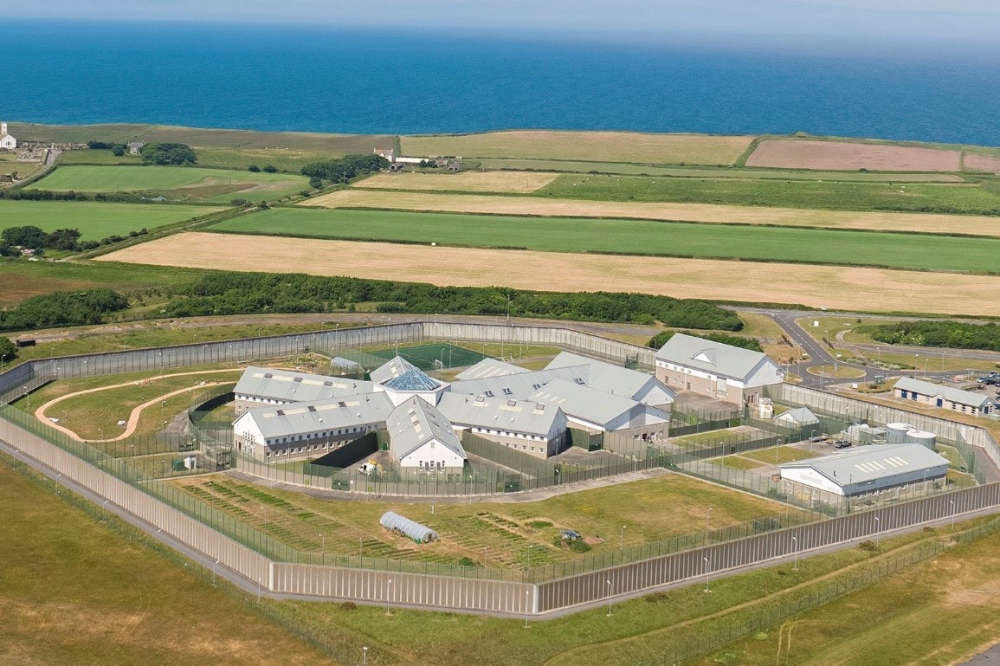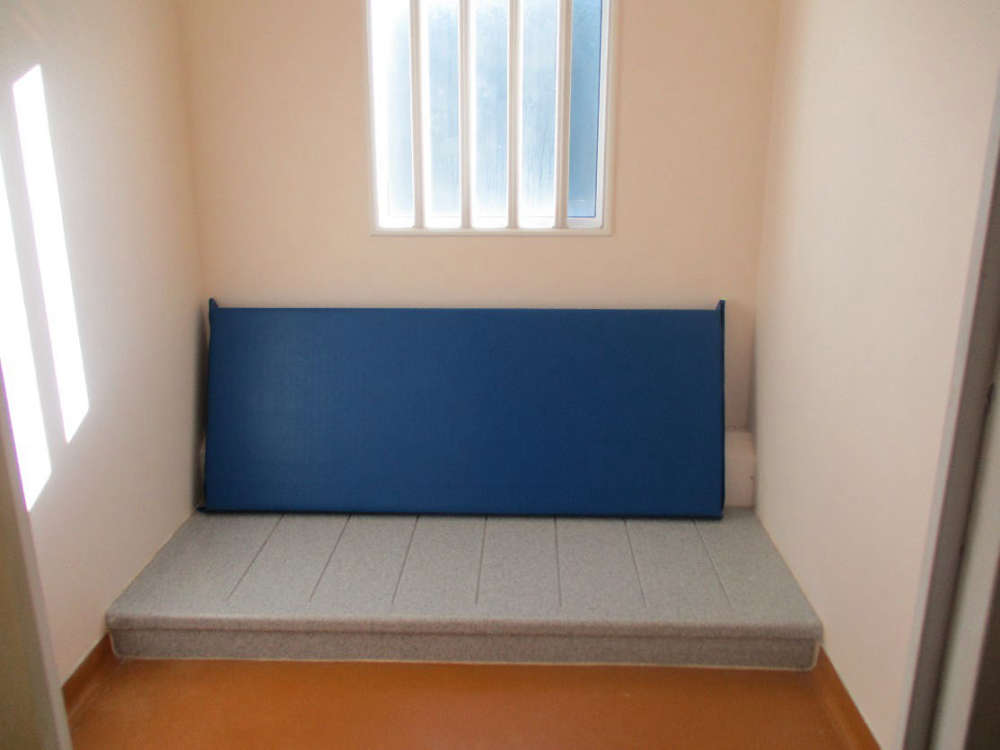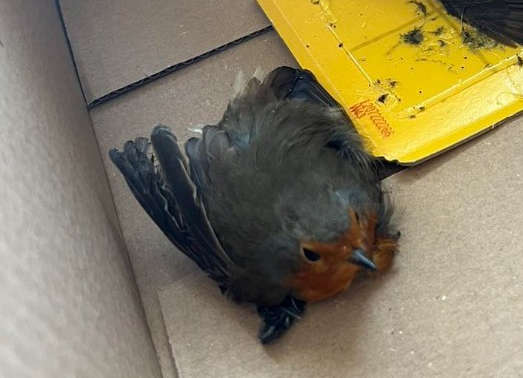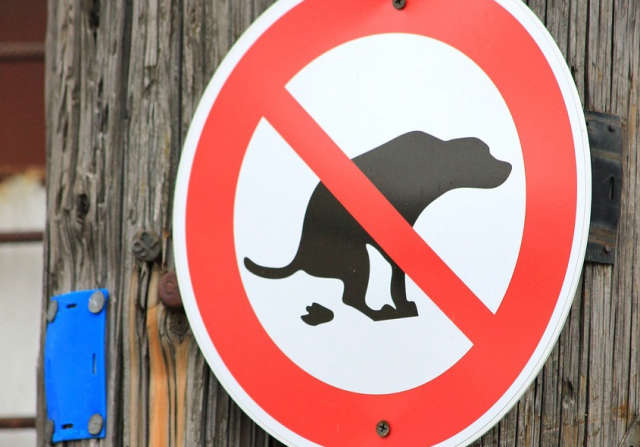
‘Special accommodation’ use is ‘very poor practice’
Treatment of prisoners at risk of suicide and self-harm at the Isle of Man Prison is 'inadequate'.
That’s what an inspection at the Jurby facility, by HM Chief Inspector of Prisons, has determined.
It’s one of 14 priority concerns highlighted as a result of the visit and follows three ‘self-inflicted deaths’ at the facility which inspectors said needed ‘full, independent investigation’.
You can find out more HERE.
The inspection took place over 12 days - between 27 February and 10 March this year – with the report published in full today.
Isle of Man Prison by HM Chief Inspector of Prisons

Safety:
Inspectors said prisoners, particularly the most vulnerable, were being held safely but practices were ‘often reactive and disproportionate’.
Recorded levels of self-harm were very low but there had been three ‘self-inflicted deaths’ in the past three years; two of which had happened recently.
An action plan had been formulated following a death in 2020 but inspectors said they considered some of the actions within it to be ‘unnecessarily risk averse’.
This included procedures to manage new prisoners which were said to be ‘over-restrictive’ and not based on risk.
Despite a safety screening interview all male inmates arriving at the facility had their shoelaces and clothing drawstrings removed.
They were also subject to 30-minute observations in their cells on an intake wing, were constantly monitored via video for 24 hours, and kept locked-up ‘excessively’ in their early days.
This was something inspectors considered to be ‘unnecessarily intrusive in most instances’.
Women, the inspectors found, were allowed more privacy and were only placed in a cell with video monitoring if justified by evidence of risk in each individual case.
Self-harm:
The prison’s approach to reducing self-harm was said to lack focus or care for the individual.
It also lacked promotion of wellbeing and accountability and was characterised by responses that were often reactive and disproportionate.
Any prisoner who had been subject to self-harm monitoring on a previous sentence – regardless of how long ago – was automatically placed back on monitoring on arrival irrespective of current risk.
Inspectors also found staff were mainly focussed on monitoring prisoners rather than promoting wellbeing and addressing why individuals had feelings of self-harm.
Segregation:
Inspectors found insufficient safeguards to protect the wellbeing of prisoners placed in segregation at the Isle of Man Prison.
Forty-six prisoners had been segregated in the previous 12 months which the inspectors found to be higher than normal comparatively.
No data was collected to monitor the use of segregation.
This was something inspectors said was a ‘concerning finding’ that was consistent with ‘the generally poor standards of governance and oversight we observed in the use of this facility’.
The reason for segregation was not always clear and there was no evidence that alternative options had been considered or appropriate safeguards had been put in place for segregated prisoners who were at risk of self-harm.
Documentation to authorise and account for segregation was not always completed by managers of healthcare staff.
The inspectors also found that the regime on segregation was ‘poor’ with prisoners only allowed 30 minutes outside in a ‘small cage like exercise yard’ once a day and one telephone call.
On arrival to segregation prisoners were not allowed a chair or radio for 24 hours which was not proportionate and ‘unnecessarily punitive’ and showers were restricted to twice weekly.
Special Accommodation:
The use of three unfurnished cells – which didn’t have running water or a toilet – was described as particularly concerning.
This ‘special accommodation’ was being used more than inspectors would expect and often for people experiencing a self-harm crisis which they said was ‘very poor practice’.
Staff had reported using the special cells 14 times in the previous 12 months.
There were no records of managers or health care staff authorising this extreme measure or of any enhanced observations for people placed within these areas.

Prison Governor:
Leroy Bonnick is the prison governor and head of probation – he spoke to Tessa Hawley:
You can find out more about the Department of Home Affairs’ response to the prison inspection – and an action plan designed to tackle the issues raised here:
Department of Home Affairs - Response to HM Chief Inspector of Prisons


 Manannan suffers mechanical issue but sailings continuing
Manannan suffers mechanical issue but sailings continuing
 Social media has an influence on young people, warns charity
Social media has an influence on young people, warns charity
 ManxSPCA warns against using 'inhumane' glue traps
ManxSPCA warns against using 'inhumane' glue traps
 Distinguished Gentlemen's Ride 2024 takes place later this month
Distinguished Gentlemen's Ride 2024 takes place later this month
 Man accused of sexual assault appears in court
Man accused of sexual assault appears in court
 Garff Commissioners introduces dog fouling 'hotline'
Garff Commissioners introduces dog fouling 'hotline'
